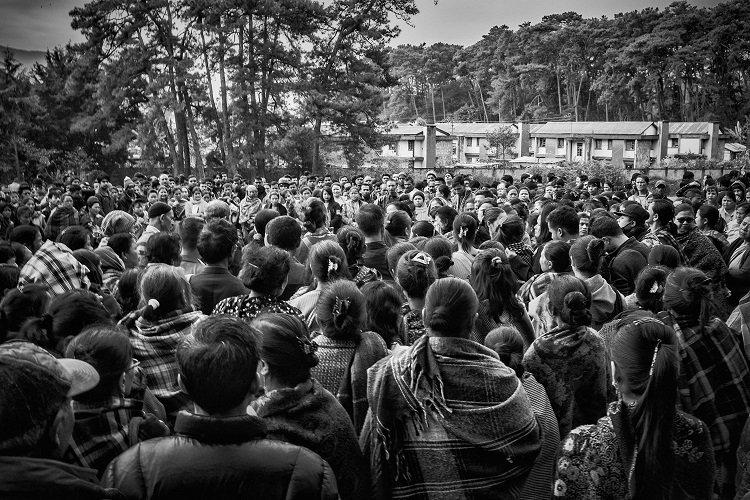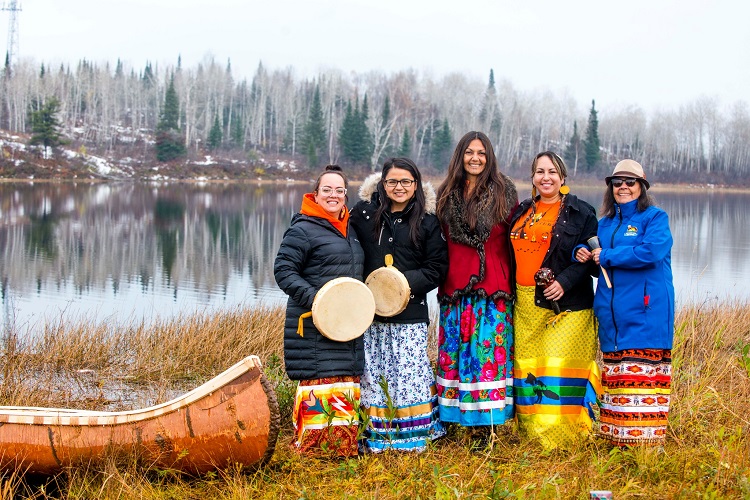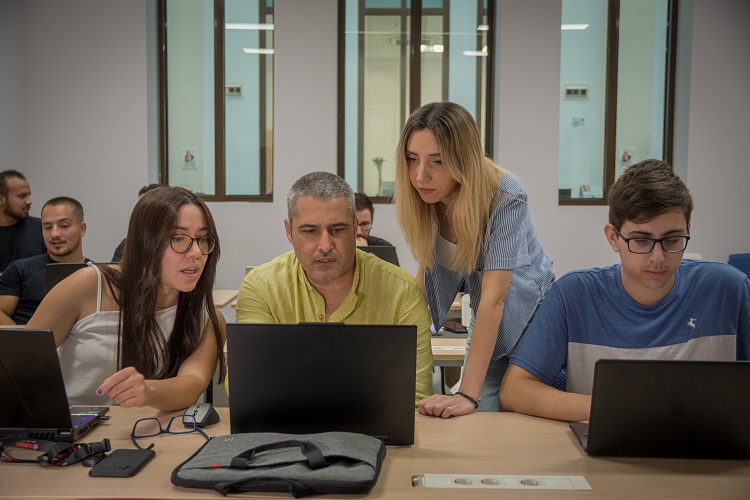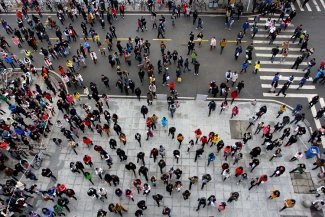And so we come to the end of another year. 2023 has been eventful, to say the least, but away from the daily headlines of epoch-making events that can be found all over broadcast, print and social media, are the stories that are also shaping our world in less discernible but still important ways. In case you missed them, or fancy reading them again, these are some of the Equal Times stories that made the greatest impression on us over the course of the year.
Thank you for continuing to read our work and for supporting our endeavours. See you in January 2024.
Tamara Gausi, English language editor:

An emergency general body meeting of the Hawkers Association (MGSPHSVA) was held in Shillong, the capital city of the Indian state of Meghalaya, in December 2018, to discuss the arrangement of stalls to decongest markets. The Association, which was formed in June 2016 to campaign for the rights and welfare of the state’s street vendors, holds general body meetings at least twice a year.
Following a six-year battle, street vendors in the Indian state of Meghalaya have secured new legal rights, by Anne Pinto-Rodrigues
Can humanity avoid the “nightmare scenario” that could be caused by mounting space junk?, by José Álvarez Díaz
The Maricas Bolivia Movement is waging a cross-cutting, decolonial fight for the emancipation of sexual dissidents, by Marco Marchese
It’s time to protest ‘journacide’ in Gaza, by Arthur Neslen
The social and trade union movement wants to break the cycle of crises and interference in Haiti, by Frédéric Thomas
Around the world in seven public libraries, or, how to be out of tune with the capitalist logic of our time, by Claudio Moreno
Mathilde Dorcadie, French language editor:

A ceremony was held on 21 October 2022 to launch a birch bark canoe, built by Wahkohtowin Development with materials harvested solely from the land, on the Chapleau River in Ontario, Canada. Cultural revitalisation is considered a critical component of reconciliation.
Indigenous land stewardship is furthering reconciliation, heralding a new era for conservation in Canada, by Kira Walker
Death, injury and disease: the battle to improve working conditions in South Asia’s shipbreaking yards, by Annick Berger
Are artists, writers, musicians threatened by artificial intelligence?, by María José Carmona
“We don’t even know if they’re alive or dead” – families in Iraq desperately search for their missing loved ones, by Faraj Kassir
Should the countryside be managed as just another financial asset for investment funds?, by Nazaret Castro
Around the world, cities are seeing the benefits of creating more space for children to play, by Gabriella Jozwiak
Marta Checa, Spanish language editor:

Fifty-two-year-old Augusto Blanco retrains in programming with fellow students aged around 20.
Unemployment and older workers: overcoming the barriers to decent work, by María José Carmona
From basements and back rooms, Afghanistan’s businesswomen are trying to circumnavigate the Taliban – and international sanctions, by Francesca Borri
From checkpoints to punchlines: the emergence of Palestinian stand-up comedy, by Stefano Lorusso
In India, the sporting dreams of rural athletes are being washed away with climate change, by Sanket Jain
A new era of opportunity is opening up in Iraq with the development of the private sector and the creation of start-ups, by Clément Gibon
Ordinary working people are being priced out of Accra and pushed into inadequate housing, by Delali Adogla-Bessa














